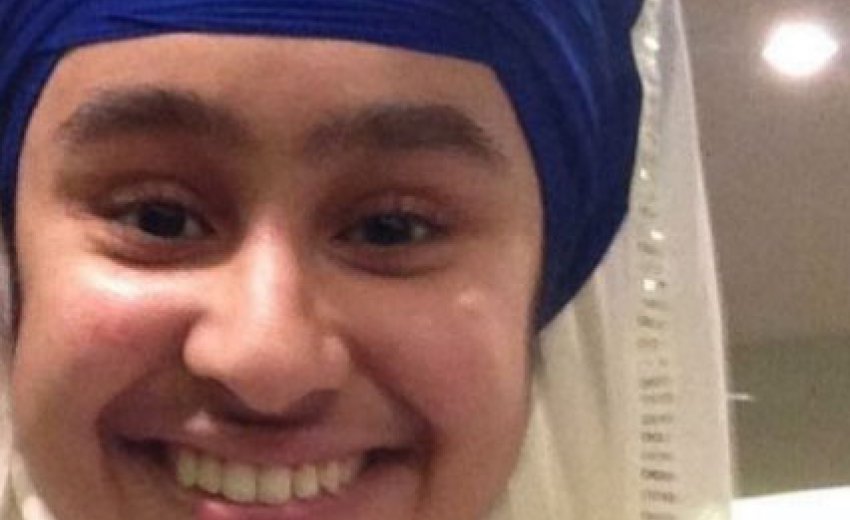Addressing challenges and creating change
March 8 was International Women’s Day, and a diverse set of women spoke at the Genesis Centre about the challenges women face, and the change they hope to see.
Saima Jamal
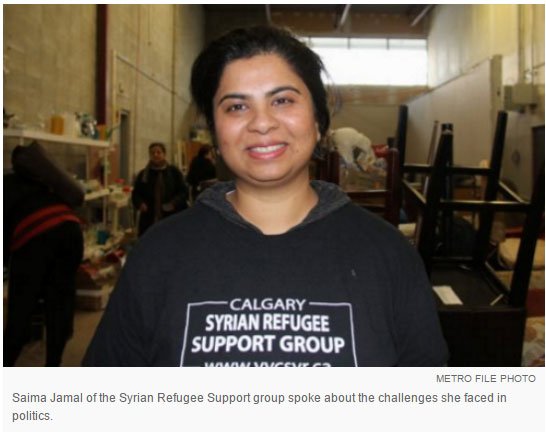
Saima Jamal is the co-founder of the Syrian Refugee Support Group and has experience in politics, having run for the Liberal Party's Calgary-Greenway nomination. She said she has experienced difficulty accessing her own faith community while campaigning.
“Every candidate of every faith, if you’re a male, you start by talking at the Friday prayers. Me being a woman, I was denied entry in one of the prayers.”
Jamal said she managed to find another Mosque where she was allowed to speak during Friday prayers, but she hopes to bring awareness to the fact that women still face barriers in politics and religious institutions.
Cheryle Chagnon-Greyeyes
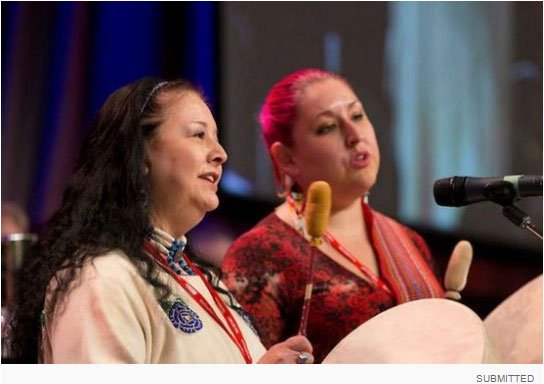
With her group Sisters from Another Mother, Cheryle Chagnon-Greyeyes is active in the march for murdered and missing Indigenous women.
“For me it’s very personal,” she said. “We really want to bring it to the forefront, especially now that we have support from the government.”
The liberal government has committed to launching an inquiry into the deaths and disappearances of nearly 1,200 Indigenous women.
She said views on the issue have changed, and this year she is hearing more support for the issue.
Adora Nwofor
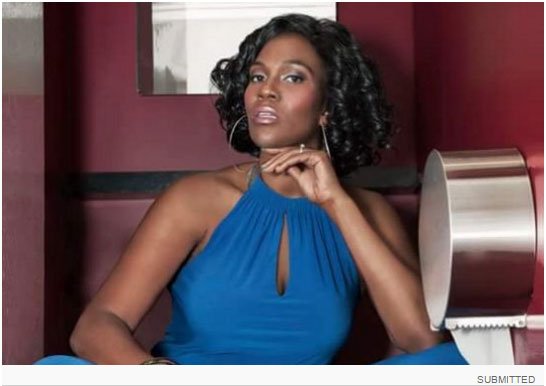
Adora Nwofor is a comedian who has been performing for more than six years, and said she’s often the only female performing on a given night – a fact which is always called out when she is being introduced.
“I’m called a female comedian, but, I’m a comedian,” she said. “A job doesn’t have a gender.”
She said she is no stranger to ‘if I got in her pants’-type banter.
In the face of objectification, however, Nwofor said it’s important to keep going because she has something to say.
“If I don’t say something, no one will know. It’s my responsibility to paint myself, or at least try.”
Sukhman Hehar
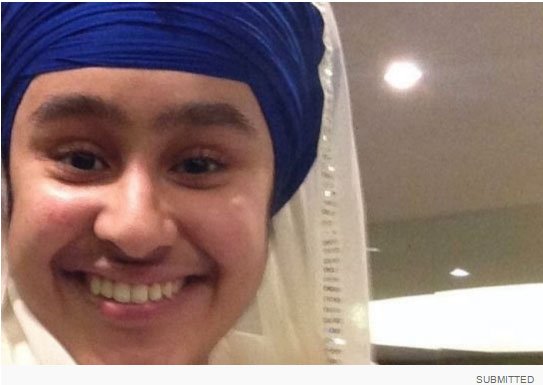
Sukhman Hehar is a community educator and a student. Hehar spoke about how tools like the turban promote gender equality in the Sikh fair, while pushing for more females to pursue leadership positions.
“Women aren’t pursuing board positions,” she said. “Ladies are doing work in the background, but they need to step up, sitting in the chair at the actual meeting.”
Hehar also feels more women should tread into traditionally male-dominated territory.
“Females in generally aren’t pursuing sports as much as males do,” she said. “Because of that, they’re missing out on confidence building, social interaction and growing into a more well-balanced person.”
Nirmala Naidoo
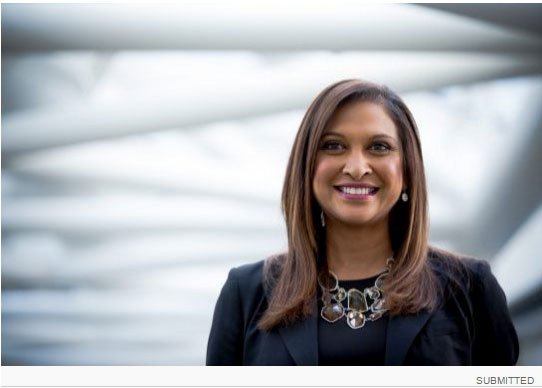
Nirmala Naidoo is a former Calgary journalist and political candidate in the 2015 Federal Election.
From her experiences campaigning, Naidoo said she wants more women to take an interest in politics and representation.
“I found it very disturbing while door knocking to encounter many women who said ‘I'll have to talk to my husband’ about how to vote or ‘I leave that to my husband,’” she recalled. “I was shocked that in the grand scheme of modern society women have barely been given the right to vote, and some have already handed that right over to their husbands.”
Naidoo said if people want women to run as candidates in elections, they need to be supported.
Women’s freedoms, from India to Canada
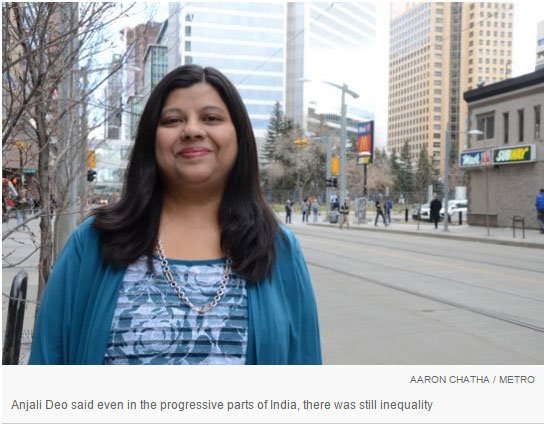
Rights and freedoms around the world can vary from country to country – Anjali Deo grew up in India, but moved to Canada with her husband five years ago.
She said in India, she was one of the lucky ones, with parents who weren’t as strict, but that's not to say they were lenient either.
Deo grew up in Mumbai, not rural India where 69 per cent of the country’s female population is focused, according to a U.N. report. Those women face dangers such as being forced into prostitution and trafficking, child marriage and fewer opportunities to achieve leadership positions.
But for Deo, who grew up in the progressive part of India, she still saw how men and women around her were treated differently, particularly with whom they could interact with.
“With girls, their parents could be keeping tracking of who they’re chatting with,” she said. “Is it boys? Is it boys with different classes?”
The class-structure still shapes society in India.
“They tend to be more lenient with boys. They’re willing to let the boys stay outside home longer, and the rules and curfews aren’t as strict. They can mingle with whoever they want.”
Deo said in Canada, the culture is different. Women don’t face as much sexual harassment in the streets as in India, and speaking generally, have a bit more freedom.
